Children have an immature immune system and are prone to overreacting to external factors. Some factors increase the risk of allergies in children:
- Genetic factors: If a parent has allergies, the child is more likely to have allergies.
- Polluted environment: Dust, animal dander, and mold can stimulate the immune system.
- Diet: Some foods such as cow's milk, eggs, peanuts, and seafood can easily cause allergies.
- Poor immunity: Premature babies, low birth weight babies, or babies who frequently suffer from respiratory illnesses are at higher risk.
2. Common signs of allergies in children
Allergies can manifest in many different organs. Parents should pay special attention to the following symptoms:
a. Skin allergies
Hives, redness, itching and burning.
Eczema, dry, flaky, cracked skin.
Rash after exposure to a food, medicine, or chemical.
b. Respiratory allergies
Constant sneezing, stuffy nose, runny nose.
Cough, wheezing, difficulty breathing, especially at night.
Asthma attacks occur after exposure to dust, pollen, and animal hair.
c. Digestive allergies
Stomach ache, diarrhea, nausea after eating.
Children are fussy, have poor appetite, and lose weight rapidly.
d. Systemic allergy (dangerous)
Swelling of lips, eyelids, tongue.
Difficulty breathing, low blood pressure, even anaphylactic shock – a life-threatening emergency.
3. When should parents take their children to see a doctor?
Parents should take their children to the doctor when they see:
- Prolonged allergy, recurring many times.
- Children itch a lot, scratching causes skin scratches and infections.
- Frequent wheezing and difficulty breathing.
- Digestive disorders after eating certain foods.
- Signs of anaphylactic shock: swelling of the whole body, shortness of breath, fainting.
Treating allergies in children is not only about treating symptoms but also finding the cause of the allergy for effective prevention.
4. What should parents do to prevent allergies in children?
- Keep the living environment clean: clean the house regularly, limit dust and mold.
- Choose safe foods: Introduce new foods to your child little by little to monitor reactions.
- Limit exposure to allergens: pollen, cat and dog hair, cigarette smoke.
- Strengthen resistance: provide adequate nutrition, let children exercise and get enough sleep.
- Regular health check-ups: help detect allergies early and take control measures.
5. The importance of early detection of allergies in children
Early detection of allergies helps:
- Prevent serious complications such as bronchial asthma, chronic dermatitis, malnutrition.
- Helps children live and study more comfortably, without being interrupted by uncomfortable symptoms.
- Support doctors in developing appropriate treatment regimens and long-term allergy control.
Conclude
Allergies in children are not only uncomfortable but also have long-term health effects if not detected and treated promptly. Parents need to carefully observe unusual signs to take their children to see a doctor early.
At Sakura Japanese Clinic, experienced doctors and a modern testing system help accurately diagnose the cause of allergies and provide safe treatment regimens for children.
Contact Sakura Japanese Clinic now for consultation and appointment for allergy screening for children - protect your baby's health early.
Source: https://skr.vn/phat-hien-som-dau-hieu-di-ung-o-tre-cha-me-can-biet/


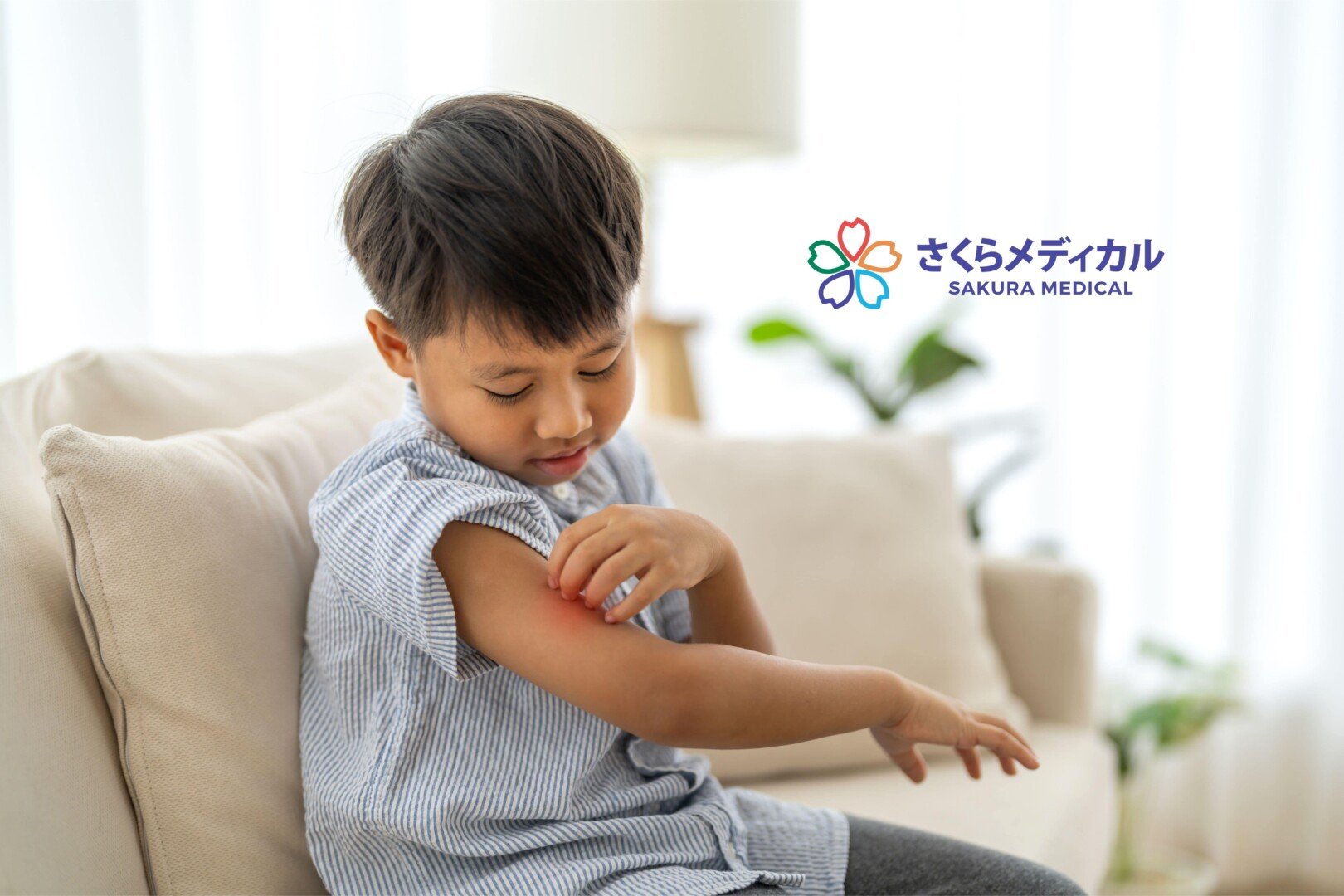





![[Photo] Binh Trieu 1 Bridge has been completed, raised by 1.1m, and will open to traffic at the end of November.](https://vphoto.vietnam.vn/thumb/1200x675/vietnam/resource/IMAGE/2025/10/2/a6549e2a3b5848a1ba76a1ded6141fae)










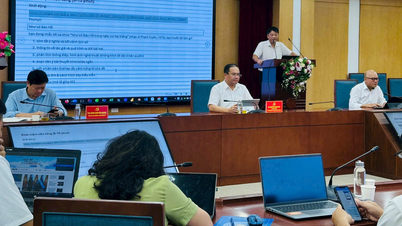

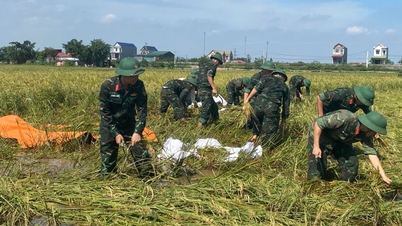


















































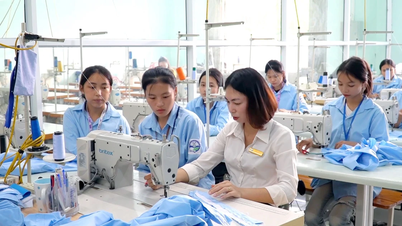

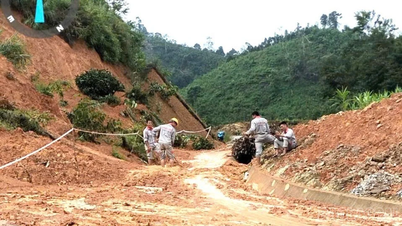
















Comment (0)